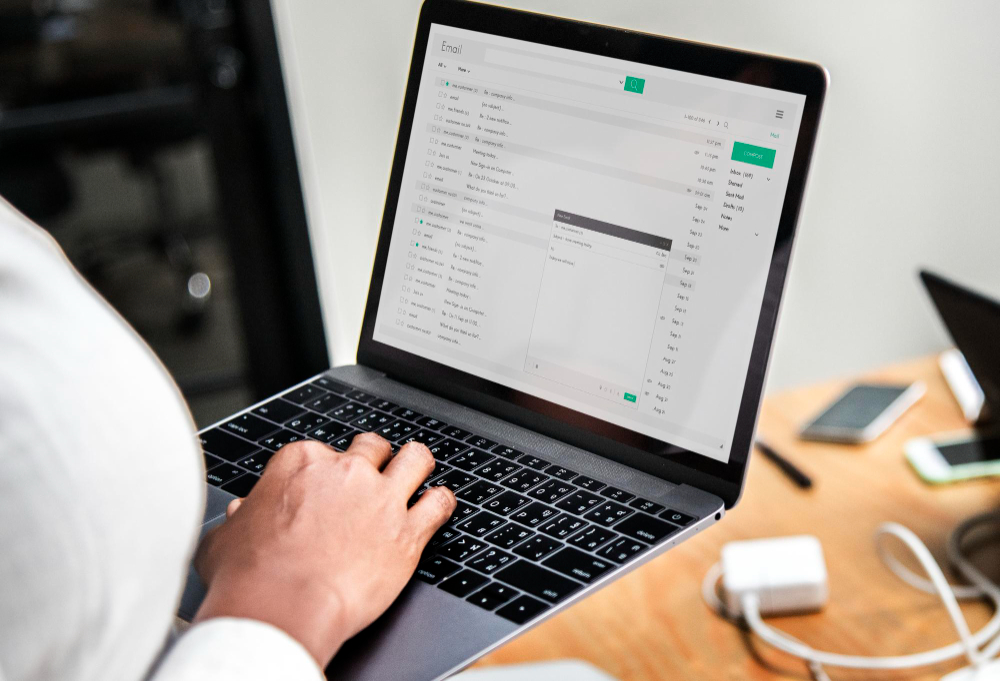How To Use Your Email Signature to Build Professional Relationships

Your email signature is often overlooked as a powerful networking and relationship-building tool. It’s a digital extension of your professional identity, capable of leaving a lasting impression on every recipient.
With 5.59 billion emails sent daily, your email signature represents a prime opportunity to connect, engage, and cultivate professional relationships.
1. Personalize Your Signature
A generic email signature lacks personality and fails to create a memorable impression. To add a personal touch, include a professional headshot. Consider adding a brief tagline or a quote that reflects your professional values or interests. This helps you stand out and fosters a connection with your recipients. The best email signature generator allows users to add QR codes and links – use it to make it as custom as possible.
2. Highlight Your Expertise
Use your email signature to showcase your skills and knowledge. Include relevant certifications, awards, or memberships. This establishes your credibility and positions you as an authority in your field. For instance, if you’re a certified project manager, include your PMP certification to highlight your expertise.
3. Leverage Your Digital Business Card
A digital business card is a modern and convenient way to share your contact information. Include a link to your digital business card in your email signature to provide easy access to your details. This is especially useful for networking events or building relationships with new contacts.
4. Promote Your Professional Brand
Your email signature is an extension of your professional brand. Include your company logo, website link, and social media handles. Ensure consistency in design and messaging across all your marketing materials. Consider using a consistent color palette and font style in your email signature to reinforce your brand identity.
5. Encourage Engagement
A strong call-to-action can transform your email signature into a lead generation tool. Encourage recipients to connect with you on social media, visit your website, or schedule a meeting. Use action-oriented language and create a sense of urgency. For example, you could include a CTA like “Connect with me on LinkedIn” or “Schedule a Free Consultation.”
6. Track Your Performance
To measure the effectiveness of your email signature, incorporate tracking pixels or UTM parameters into your links. This data allows you to monitor click-through rates, identify the most effective elements, and optimize your signature accordingly. You can make data-driven decisions to improve your networking efforts by analyzing performance metrics.
7. Keep It Clean and Professional
A cluttered email signature can be distracting. Keep your signature concise and visually appealing. Use a professional font and avoid excessive graphics or images. Ensure your signature displays correctly across different email clients and devices.
8. Update Regularly
Review and update your email signature regularly to reflect your current role, contact information, and professional achievements. This demonstrates your commitment to staying organized and up-to-date.
9. Use Your Email Signature for Thought Leadership
Showcase your expertise by including links to your blog posts, articles, or industry publications in your email signature. This positions you as a thought leader and encourages recipients to explore your content further.
10. Explore Dynamic Email Signatures
Some email platforms offer dynamic email signature features that allow you to display different information based on the recipient or the content of the email. This can be a powerful tool for personalization and targeted communication. For example, you could display different CTAs based on the recipient’s industry or previous interactions.
Conclusion
Following these tips, you can transform your email signature into a powerful tool for building professional relationships. Remember, your email signature is often your first impression, so make it count.




